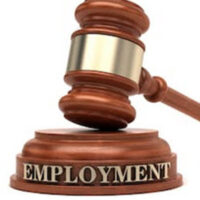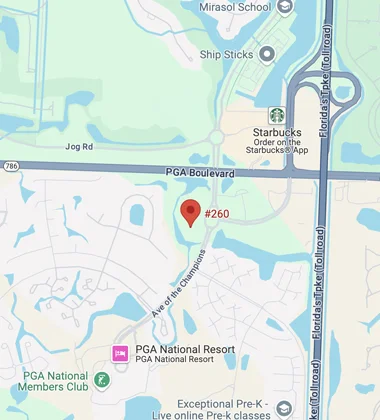Can My Employer Treat Me Differently At Work Because of My Political Opinions?

The political atmosphere, especially if you have different political opinions from your co-workers, neighbors, friends, or family members, has become an extremely tense one in the United States. In Florida, political hostilities arise in various locations, from schools to workplaces to houses of worship. It can be difficult to know if it is “safe” to share your political opinion or party affiliation in certain circumstances, and you may be nervous about posting political material on social media if you have a different point of view than other people with whom you work closely. In particular, job applicants and employees are particularly anxious about having their political opinions or positions being known in their workplaces, particularly when their positions are not those of their employer, or not those of the majority.
If you are in this situation, it is important to understand when, how, and to whom employment discrimination laws apply. Generally speaking, both federal and state laws that prohibit discrimination provide protections for people who are part of, or perceived to be part of, certain “protected classes.” Typically, your political position will not make you a member of a protected class, but you may have certain protections against discrimination or adverse treatment depending on the specific details of your situation. Our South Florida employment discrimination lawyers can tell you more.
What is a Protected Class?
A protected class is a group of individuals who have legal protections against discrimination and retaliation because of an identity characteristic. Often, protected classes have immutable characteristics. If you are a member of a protected class, then you cannot be treated adversely by your employer (or otherwise discriminated against, or terminated) because of your membership in the protected class. The protected classes that are recognized under federal and state law in Florida include the following:
- Race;
- Color;
- National origin;
- Sex;
- Religion;
- Age (40 or over);
- Disability; and
- Genetic information.
As you can see, a person’s political affiliation is not considered to be a protected class. As such, job applicants and employees generally do not have any legal protections against discrimination or adverse employment actions taken against them by their employers because of their political opinions.
What Options Do I Have If I Am Being Subjected to Adverse Employment Actions Because of My Political Affiliation?
There are various ways that employers can take adverse action against employees, such as: demoting the employee, reducing pay, scheduling the employee in undesirable shifts or locations, denying benefits that are provided to other employees, giving poor performance reviews, micromanaging in a manner that does not apply to other employees, and more. Do you have any options if you are being subjected to these or other adverse actions because of your politics?
Most likely, employment discrimination laws will not apply. In the event, however, that your opinions are linked directly to a protected class (such as religion, for example, or race or sex), you may be able to draw a link to a protection against discrimination under state or federal law. Or, if you have an employment contract, your contract may provide terms that provide additional protections against politically motivated discrimination. In some employment contexts, an employee handbook may provide such protections, and it is possible that a court may consider the terms in the handbook to be enforceable like a contract.
Contact Our Palm Beach Gardens Employment Discrimination Lawyers Today
The best way to determine your options is to get in touch with one of the experienced Palm Beach Gardens employment discrimination attorneys at Sconzo Law Office as soon as possible. Contact us today for assistance.
Sources:
law.cornell.edu/wex/protected_class
eeoc.gov/statutes/title-vii-civil-rights-act-1964
flsenate.gov/laws/statutes/2011/760.01

